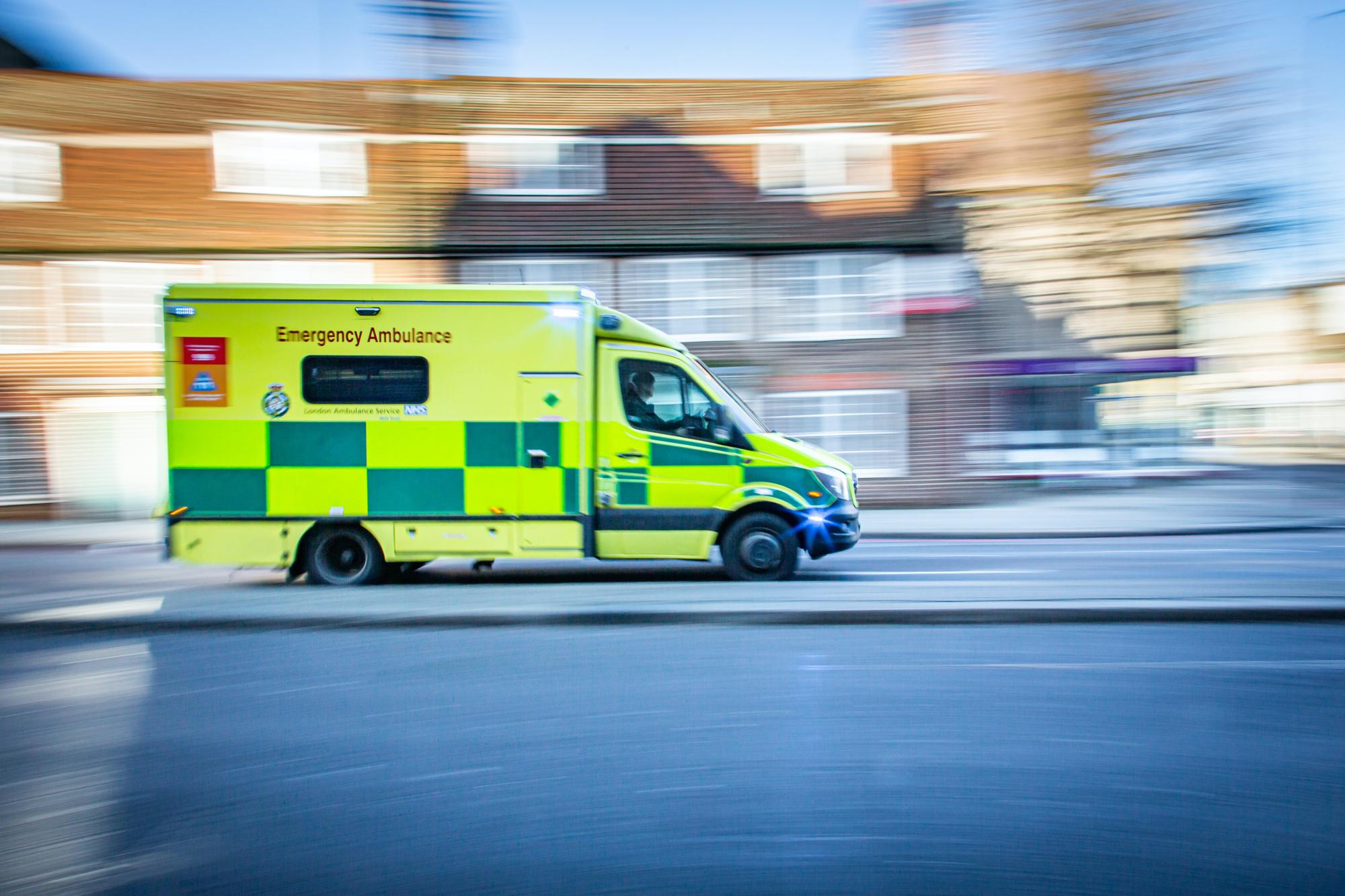Visa Stock Analysis: Is Visa a Strong Opportunity Ahead of Q4 Earnings?
$325.48
28 Jan 2026, 19:25

Image credit: Nicolas J Leclercq

New figures from NHS England show that 7.2 million people were waiting to start routine treatment at the end of October. This is up from 7.1 million in September and is the highest number since records began in August 2007. An estimated 410,983 people in England had been waiting more than 52 weeks to start hospital treatment at the end of October. This is the equivalent of around one in 18 people on the entire waiting list, and is up from 404,851 at the end of September.
Other statistics from the new data shows:
Responses
Labour MP and Shadow Health Secretary tweeted: “The NHS is heading into this winter with more people waiting for treatment than at any time in history, and they are waiting longer than ever before. Behind the statistics are people suffering, sometimes for months or even years, with their lives on hold in pain and discomfort.
The Government should be doing everything it can to bring down waiting lists, including using spare capacity in the private sector. No one should be waiting in pain while hospital beds that could be used lie empty. It needs to retain NHS staff and negotiate to avoid strikes.”
Danielle Jefferies from the King’s Fund, a charity working to improve health and care in England, said: “The latest figures show an NHS bursting at the seams as services head into winter struggling to meet sharply rising demand while keeping patients safe.”
Professor Julian Redhead, National clinical director for urgent and emergency care, said: “Despite the ongoing pressures on services which are exacerbated by flu hospitalisations, issues in social care meaning we cannot discharge patients who are ready, and record numbers needing A&E, staff have powered through to bring down some of our longest waits for care.
We have already said we are dealing with a perfect storm of pressures this winter, including increased demand for emergency are, and today announced an expansion of mental health crisis services which will ensure people suffering a mental health crisis get the help they need as quickly as possible, and reduce the chances of a patient needing to go to A&E.
That is all on top of the measures announced by the NHS' winter plan published in October which includes new hubs dedicated to respiratory infections and a falls response service to free up ambulance capacity.”
Health and Social Secretary Steve Barclay rejected calls to make NHS staff a better pay offer in a bid to avert strikes. Thousands of nurses, ambulance workers and other health service employees are due to strike before Christmas in a long running dispute over pay conditions. The government has so far offered a 4.75% rise, short of the demand of trade unions. In Scotland, the tabled offer is 7.5%. On Radio 4’s Today programme, Barclay was asked whether he was willing to improve the pay offer, to which he replied, “No, we have an independent pay review body that looks at that. That is the position that we have in terms of pay…What we have done through the autumn statement is prioritise the NHS, an extra £6.6 billion over the next two years.”
When asked whether the NHS is in crisis, he accepts that it is in a “serious state”, but said “people can come up with whichever term they want. We all recognise as a result of the pandemic, there are huge pressures on the NHS.”
When it was pointed out that the Scottish government has taken a different approach, he said, “The Scottish government has not only adjusted on pay but also on productivity and that will have an impact on what they can deliver for patients. We are prioritising getting the balance in terms of pay, looking at all the other things we can do for staff because staff tell me it’s not simply an issue of pay.”
The current upcoming strikes in healthcare are:
(Sources: The Guardian, Twitter, ITV News, Huffington Post, Radio 4)